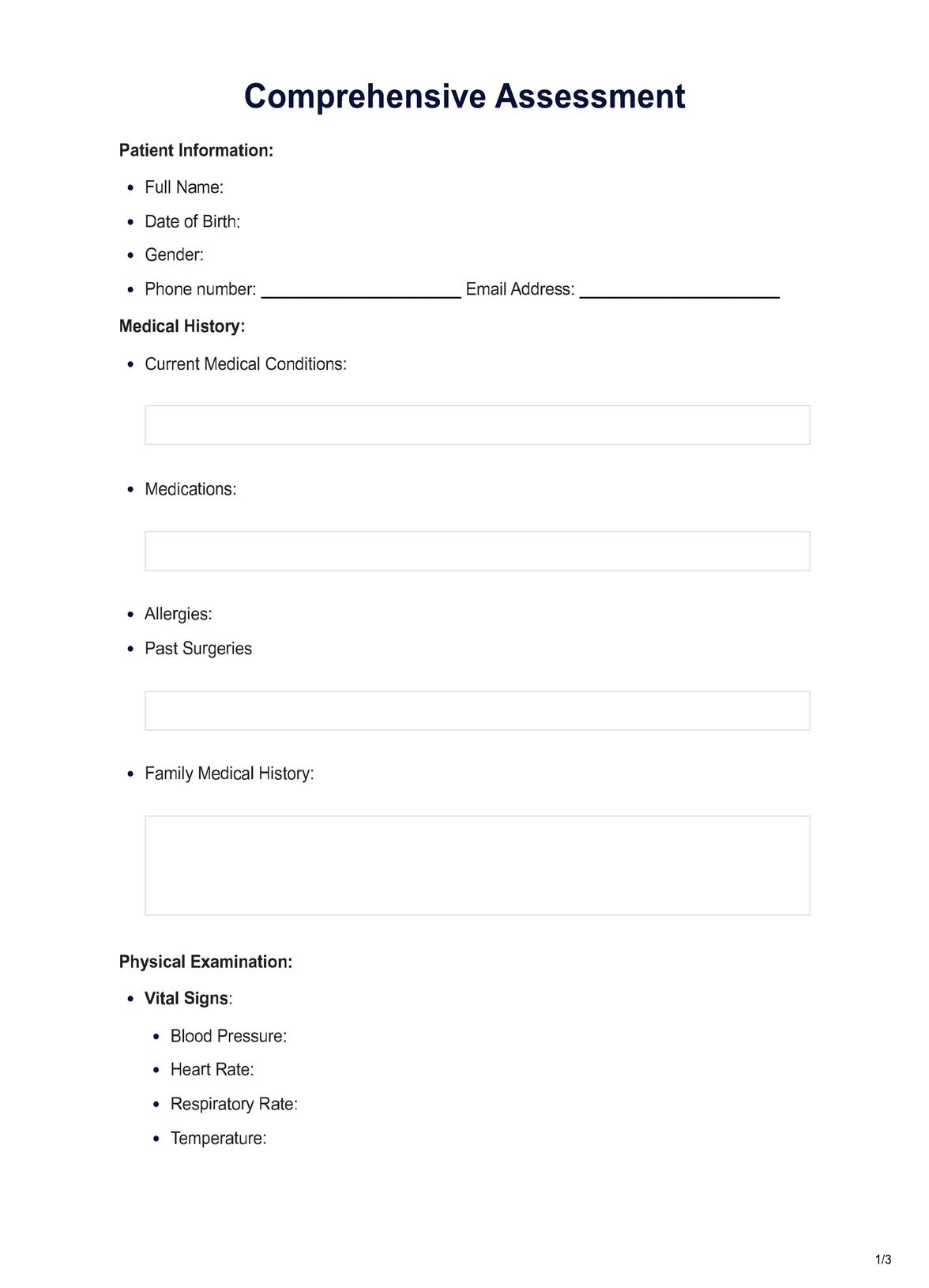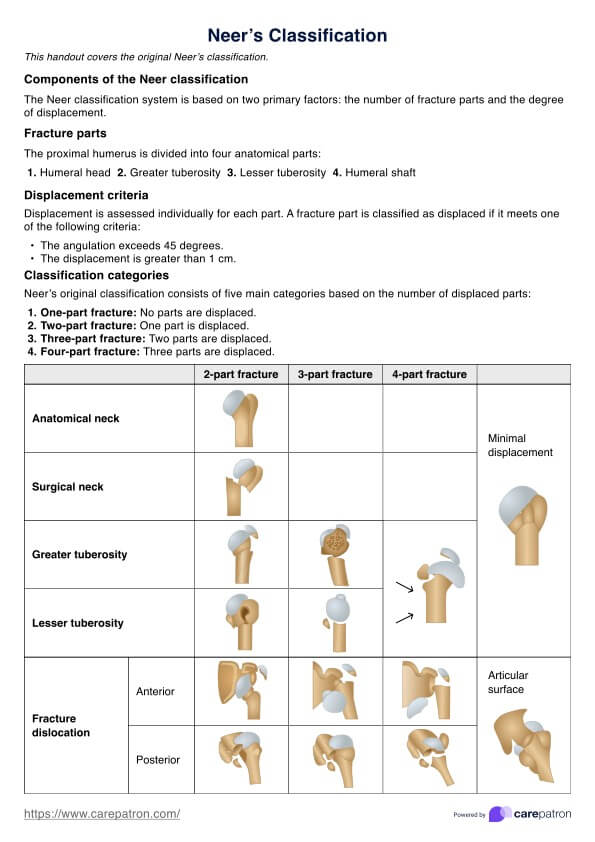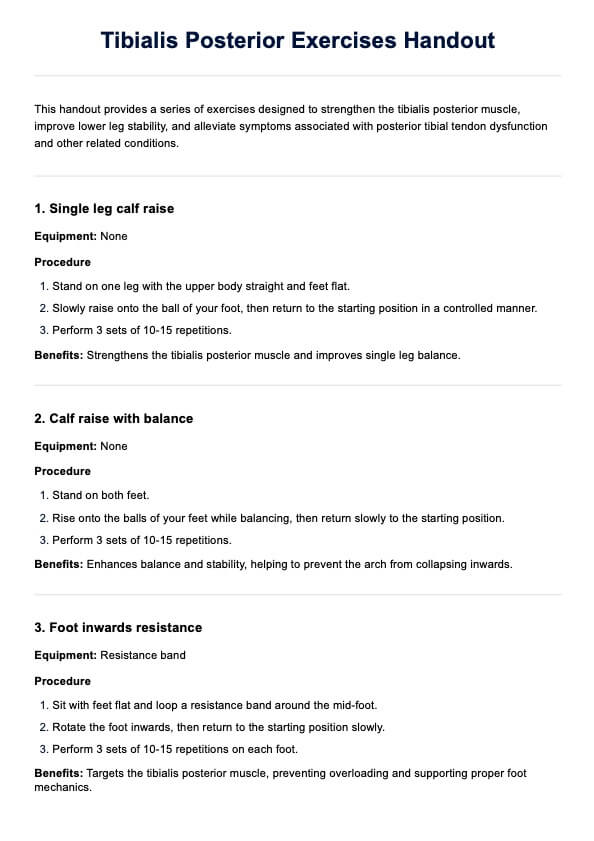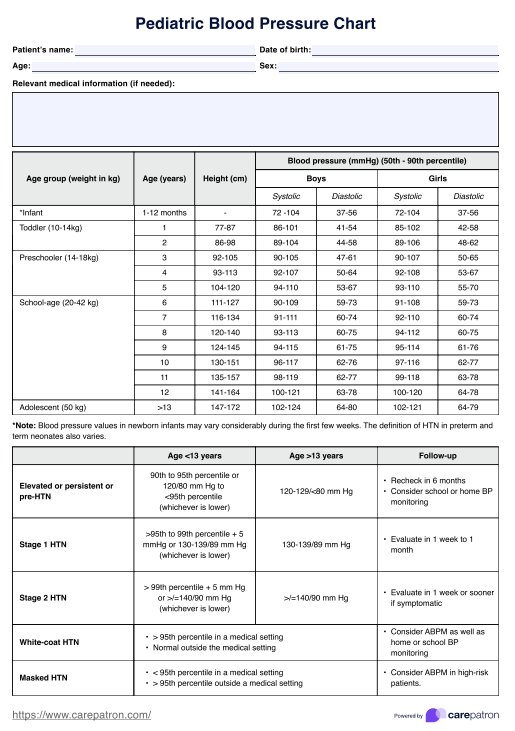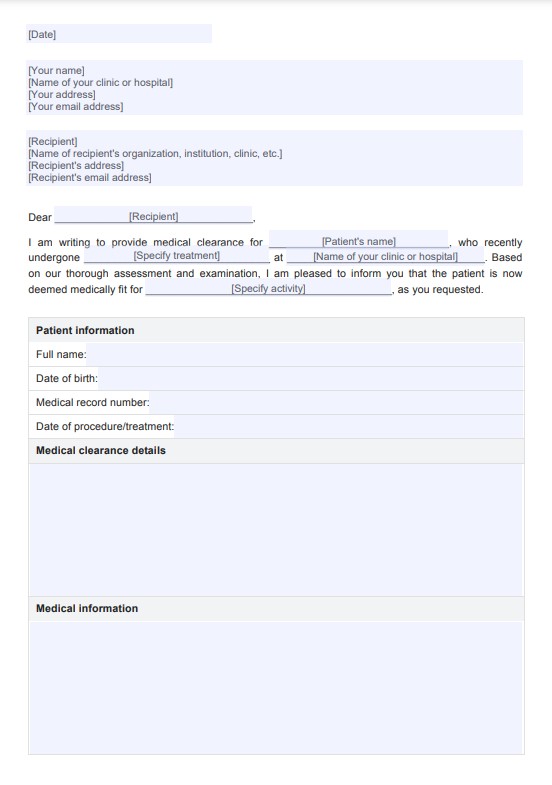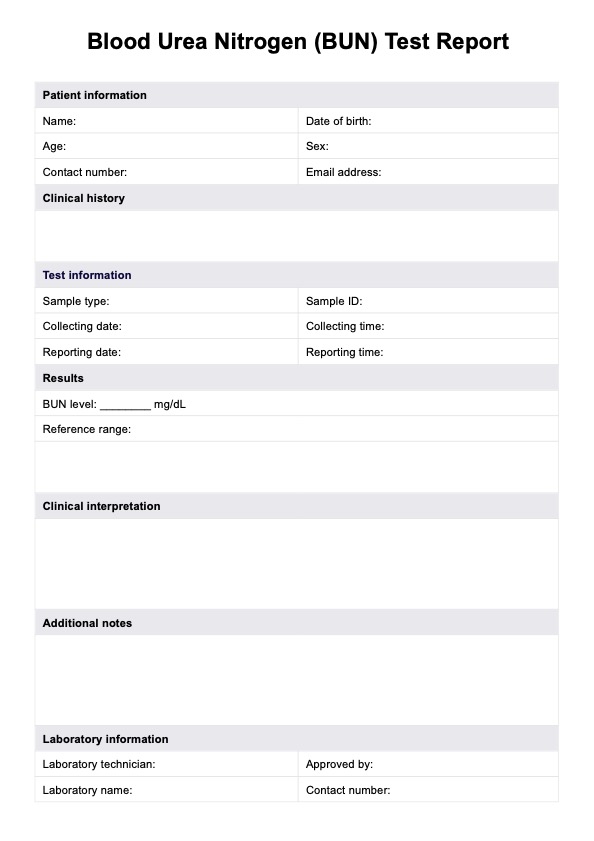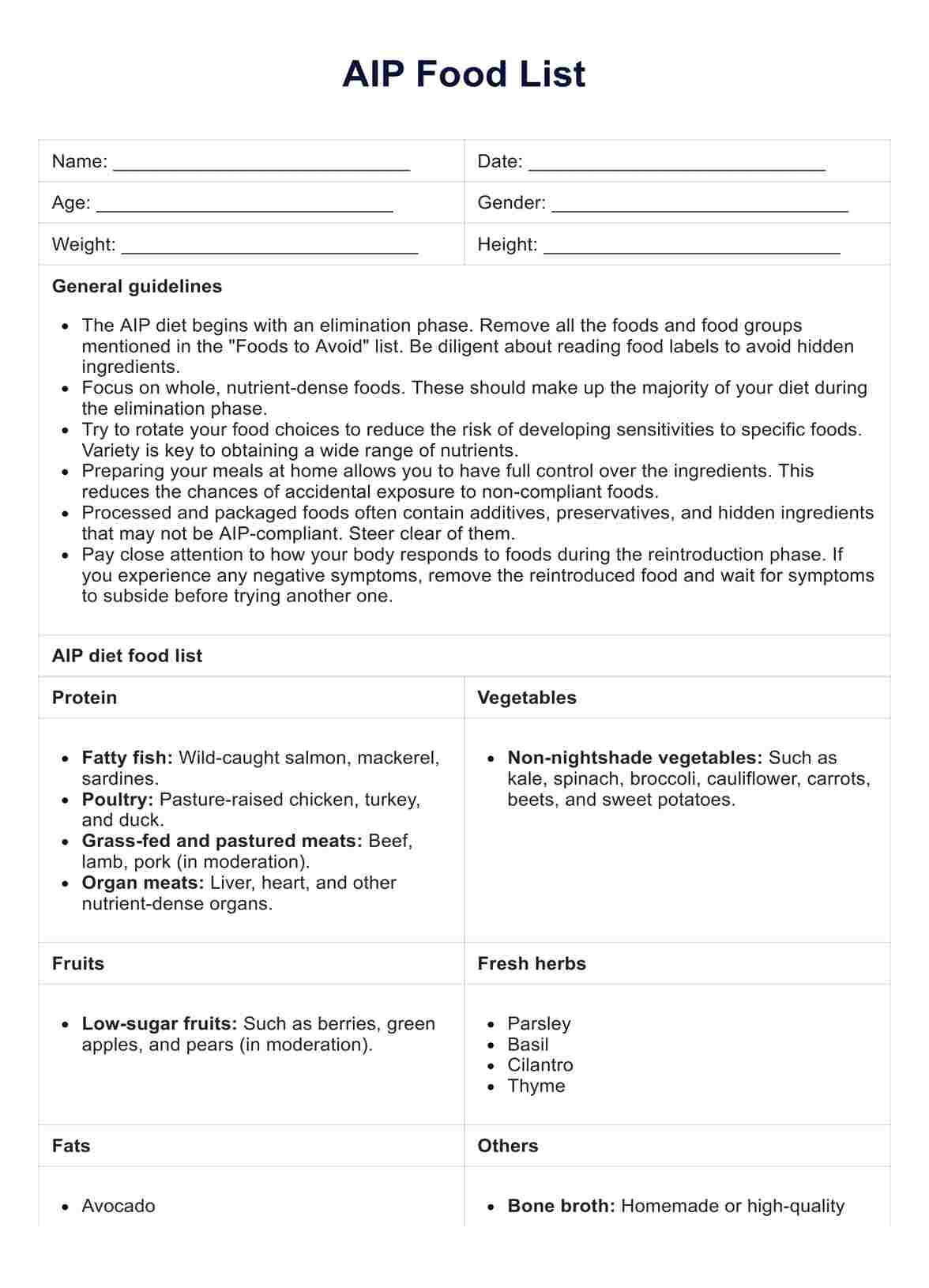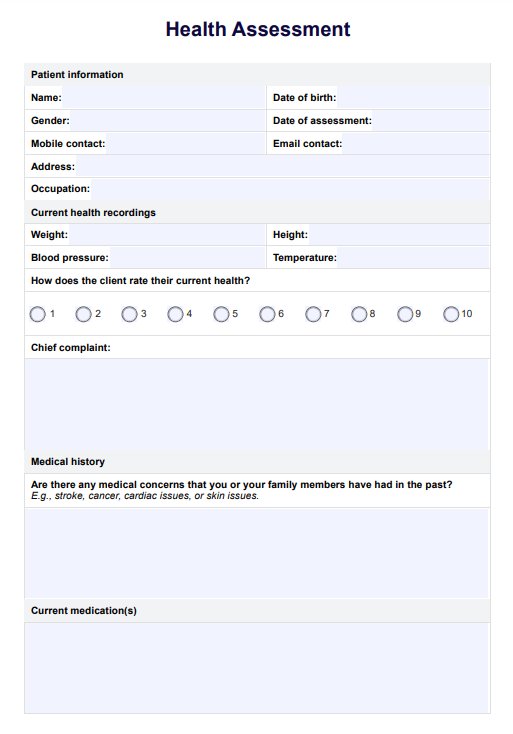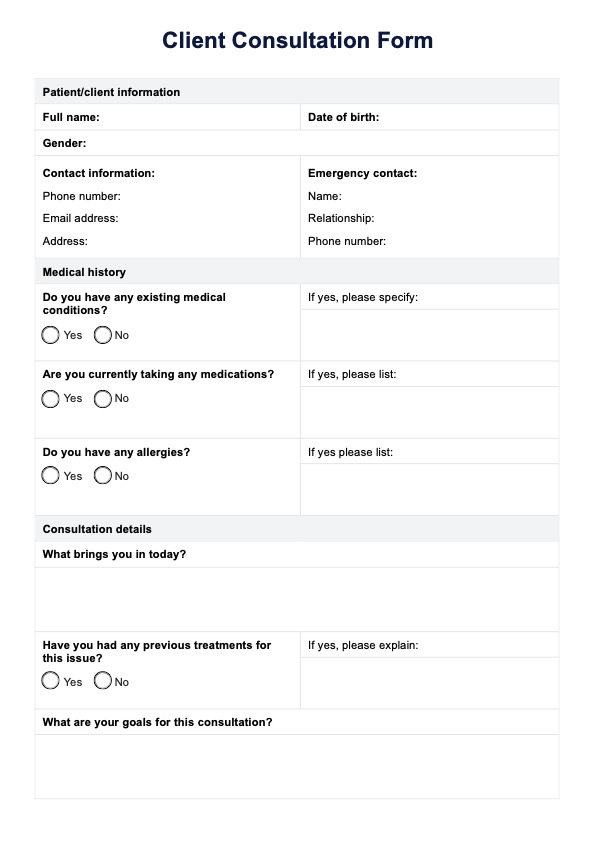Comprehensive Geriatric Assessment
Discover a comprehensive geriatric assessment template to evaluate older adults' holistic health needs. Easily adaptable and user-friendly, this template enables efficient evaluation of diverse domains.


What is a Comprehensive Geriatric Assessment?
A comprehensive geriatric assessment (CGA) is a thorough evaluation tailored to older adults, focusing on their medical, functional, psychological, and social aspects. It's a holistic approach aiming to understand the complexities of aging, considering not just individual health conditions but also the person's overall well-being.
This assessment involves an in-depth analysis conducted by a multidisciplinary team, typically including geriatricians, nurses, social workers, physical and occupational therapists, and other specialists. It goes beyond a standard medical evaluation, encompassing a broad spectrum of factors impacting an elderly individual's health and quality of life.
The CGA covers various factors such as medical history, physical and cognitive function, mental health, medication review, nutritional status, social support, and the person's environment. It is a beneficial tool that helps examine the effects and relationships between these factors to create a comprehensive picture of the individual's health.
The multidisciplinary team collaborates to develop a personalized care plan based on the assessment findings. This plan addresses identified issues, outlines interventions, and aims to optimize the person's health, independence, and quality of life. A comprehensive geriatric assessment is a careful and holistic evaluation catering to the unique needs of older adults, striving not just to treat specific illnesses but to enhance overall well-being, functional abilities, and quality of life as they age. For improved client results and practice efficiency, utilize this care plan template.
Comprehensive Geriatric Assessment Template
Comprehensive Geriatric Assessment Example
The importance of caring for older patients
Caring for older patients and addressing their health issues is crucial for several significant reasons rooted in ethical considerations and practical implications. Older individuals often face a multitude of health challenges due to the natural aging process, leading to an increased susceptibility to chronic conditions, frailty, and cognitive decline. Addressing these issues is essential to maintain their quality of life, independence, and dignity.
Patients of advanced age often have unique healthcare needs that demand specialized attention. Their conditions may require tailored treatments, considering factors like multiple coexisting medical conditions, potential interactions between medications, and altered physiological responses to treatments. Understanding the distress that dealing with comorbidities can inflict on older patients is key to creating and delivering good and valuable healthcare.
Investing in the health and well-being of older patients and pushing for further geriatric-specific healthcare research aligns with fundamental ethical principles of healthcare. It reflects a commitment to respecting every individual's intrinsic value and dignity, irrespective of age. Ensuring adequate care for older adults acknowledges their lifetime contributions, experiences, and wisdom while upholding their rights to receive compassionate and comprehensive healthcare.
Addressing the health issues of older patients has broader societal implications. As populations age globally, the healthcare system faces increasing demands. By effectively caring for older adults and managing their health issues, we can potentially reduce the burden on healthcare resources, prevent avoidable hospitalizations, and foster healthy aging, ultimately benefiting society.
When should geriatric assessments be performed?
A geriatric assessment should ideally be performed when an older adult shows signs of complex health issues, functional decline, cognitive changes, or concerns about overall well-being. However, it can also be beneficial as a routine part of care for older individuals, especially those above a certain age threshold, typically 65 or older.
Here are specific instances or scenarios when a geriatric assessment can be particularly valuable:
Functional decline
When an older adult experiences difficulties in activities of daily living (ADLs) or instrumental activities of daily living (IADLs), such as bathing, dressing, managing finances, or using transportation.
Cognitive changes
If there are concerns about memory loss, confusion, or changes in thinking, a geriatric assessment can help determine if these changes indicate a cognitive impairment or dementia.
Multimorbidity
When an individual has multiple chronic health conditions that might interact, require complex management, or impact daily functioning.
Polypharmacy
In cases where the older adult takes multiple medications, a geriatric assessment can help optimize medication, prevent adverse interactions, and reduce unnecessary prescriptions.
Falls or balance issues
Assessments can be useful if there's a history of falls or concerns about balance and mobility.
Preventive care
As a preventive measure, routine geriatric assessments for healthy older adults can help identify early signs of health issues and establish a baseline for future comparisons.
Post-hospitalization or rehabilitation
Following a hospital stay or rehabilitation, a geriatric assessment can aid in planning ongoing care and support to prevent readmissions or setbacks.
What does this Comprehensive Geriatric Assessment evaluate?
A geriatric assessment comprehensively evaluates various domains of an older adult's health and well-being. It goes beyond a standard medical evaluation and considers multiple factors that impact an individual's ability to function independently and maintain quality of life. Here are the key areas typically evaluated in a geriatric assessment:
Medical history
A thorough review of past medical conditions, surgeries, medications, allergies, and recent health concerns.
Physical function
Assessment of mobility, strength, balance, and ability to perform activities of daily living (ADLs) and instrumental activities of daily living (IADLs).
Cognitive function
Screening for memory, attention, executive function, and overall cognitive abilities to identify signs of cognitive decline or dementia.
Mental health
Evaluation for depression, anxiety, mood changes, or other psychiatric conditions that can affect overall well-being.
Medication review
Assessing current medications to ensure appropriateness, prevent interactions, and minimize polypharmacy risks.
Nutritional status
Checking for malnutrition, dietary deficiencies, or eating difficulties that could impact health.
Social support
Examining the individual's living situation, social connections, caregiver support, and access to community resources.
Environmental assessment
Evaluating the home environment for safety, accessibility, and factors affecting daily life.
Functional assessment
Assessing functional abilities related to vision, hearing, continence, and overall physical health.
Psychosocial evaluation
Understanding the person's beliefs, values, preferences, and goals regarding their health and care.
Advanced care planning
Discussions about future care preferences, advance directives, and end-of-life care wishes.
How does it work?
A multidisciplinary team, often including geriatricians, nurses, therapists, and social workers, collaborates to conduct these assessments.
The goal is to comprehensively understand the older adult's health status, identify areas of concern or improvement, and develop a personalized care plan that addresses their specific needs to optimize their health, independence, and overall quality of life.
Using Carepatron's Comprehensive Geriatric Assessment template, these healthcare professionals can confidently collate information and safely store it in the centralized workspace.
This assessment is a valuable resource and essential to keep on hand. Make sure that you have a copy of the free printable PDF when the need arises by either clicking the “Download Template” or “Use Template” button or by searching “Comprehensive Geriatric Assessment” on Carepatron’s template library
After reviewing the assessment and creating a viable and individualized plan for the patient, you need to secure the plan so that access is only granted to relevant parties.
Ensure this through Carepatrons HIPAA-compliant free patient records software. Here, all relevant medical records can be safely stored and collated for ease and security.
Research and evidence
More than a third of elderly individuals admitted to the hospital encounter significant declines in their ability to perform everyday tasks like bathing and dressing, with nearly 40% experiencing difficulties in more complex activities such as shopping and housekeeping (Li et al., 2020). These declines stem from pre-existing functional limitations, multiple health conditions, and issues arising during hospital stays (Hoogerduijn et al., 2012). Research links this decline to a higher risk of post-discharge falls, reduced independence, hospital readmissions, unplanned moves to residential aged-care facilities, and increased mortality rates (Hoogerduijn et al., 2012; Naseri et al., 2018).
In a recent study to determine if comprehensive geriatric assessments were a feasible indication of the need for transitional care, the results showed that healthcare staff deemed the Comprehensive Geriatric Assessment an appropriate and well-suited tool for the transition care population. Older adults perceived the process as timely, with 60% reporting ease in understanding the assessments. Engaging in CGA also aided older adults in gaining insight into their current health status (Wong et al., 2022).
References
Hoogerduijn, J. G., Buurman, B. M., Korevaar, J. C., Grobbee, D. E., de Rooij, S. E., & Schuurmans, M. J. (2012). The prediction of functional decline in older hospitalized patients. Age and Ageing, 41(3), 381–387. https://doi.org/10.1093/ageing/afs015
Li, X., Zheng, T., Guan, Y., Li, H., Zhu, K., Shen, L., & Yin, Z. (2020). ADL recovery trajectory after discharge and its predictors among baseline-independent older inpatients. BMC Geriatrics, 20(1). https://doi.org/10.1186/s12877-020-1481-8
Naseri, C., Haines, T. P., Etherton-Beer, C., McPhail, S., Morris, M. E., Flicker, L., Netto, J., Francis-Coad, J., Lee, D.-C. A., Shorr, R., & Hill, A.-M. (2018). Reducing falls in older adults recently discharged from hospital: a systematic review and meta-analysis. Age and Ageing, 47(4), 512–519. https://doi.org/10.1093/ageing/afy043
Wong, Y. G., Hang, J.-A., Francis-Coad, J., & Hill, A.-M. (2022). Using comprehensive geriatric assessment for older adults undertaking a facility-based transition care program to evaluate functional outcomes: a feasibility study. BMC Geriatrics, 22(1). https://doi.org/10.1186/s12877-022-03255-5
Commonly asked questions
To create a Comprehensive Geriatric Assessment template for managing comorbidities or identifying the need for transitional care, healthcare professionals can access this free and downloadable template with included sections for physical examination, mental health, and functional ability.
These valuable plan templates can be used at any point in the treatment journey for a geriatric patient with primary care concerns or requiring a systematic review. Primary care physicians and other members of the patient's health care team may instigate the use of this template.
Healthcare professionals use these assessments to assess, track, and monitor elderly patients and address their functional status. The full comprehensive geriatric assessment helps to ensure better health outcomes. It can be used in settings such as acute care hospitals, for community-dwelling older persons, or by the patient's primary care physician.





